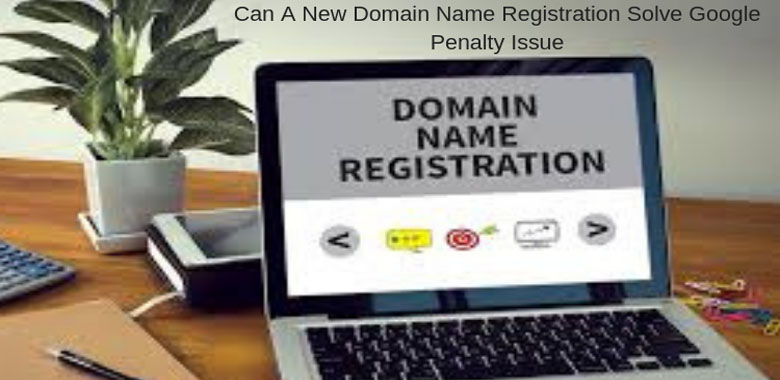It is the wish of every website owner that his/her interface is included in the top search results for relevant keywords. They use SEO techniques to get good rankings but sometimes their website is penalized by Google because of various reasons. Many people try to go for a new website to resolve the issue. For instance, a Canadian person gets domain name registration in Vancouver for an interface and tries to promote it among the local target audience. The website gets a Google penalty because it got a backlink from an interface which was already blacklisted by the search engine giant. The Canadian owner again approaches the Vancouver based domain name agency to get a new registration. Will it solve the problem? This is the question we are going to discuss in this article. Let’s start by knowing in brief about penalties issued by Google.
What Are Google Penalties?
Google punishes an interface if its search algorithms or manual review team found objectionable practices to influence the search engine rankings of the website. Duplicate content, backlinks from penalized or unrelated websites, spam comments or forum profiles, hidden text etc. are some of the reasons which prompt such an action by the search engine leader. Backlinks are an important part of the strategy to improve the visibility of an interface. Many times, owners out of ignorance try to get as many backlinks as possible without considering the nature or quality of the websites from which they are coming. Google tries to provide accurate results to its users and if it detects that the backlinks to a domain are coming from improper sources, it punishes the website which affects its ranking.
Can A New Domain Help?
Most owners on receiving a penalty start by studying the backlink structure of their websites. They use tools to identify bad ones and remove them. They contact the webmasters of the various interfaces from which these links came to request them for their removal. Once the requests are granted, owners disavow these links and create a report and submit it to Google Disavow. After processing of the report, the rankings will start to recover.
Some people like the Canadian owner of our example who opted for a new domain name registration in Vancouver, go for a new website. This tactic is understandable if a person wishes to move the interface to a new web development platform. Going for a new website will also be used by a person in case of a failed domain name recovery process for a hijacked domain. A Google penalty is a completely different issue though and with the new domain, the owner is trying to fool the search engine. This does not make sense at all because, in order to get traffic, redirects from the old website will have to be set up which is inadvisable.
Let’s say the website was moved to a new domain with all the old content and with no redirects. This method can work if the punishment was because of bad backlinks. With the guilty links absent, there are chances that the search engine does not spot the new interface. At the same time, it is equally possible that because of the old content Google again identifies the new website and penalizes it. This is likely to happen if instead of backlinks, the interface was punished because of issues like keyword stuffing and spam content. Moreover, creating a new website and with fresh content is always going to be a costly affair.
Conclusion:
The Canadian owner mentioned in our example who went ahead with fresh domain name registration in Vancouver should instead monitor the existing website for the issues that led to the penalty. It will take time to resolve the problem but it is better than wasting valuable resources in acquiring a new website.








